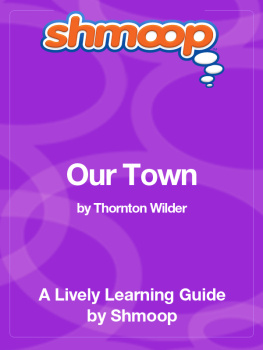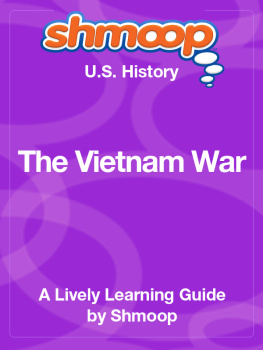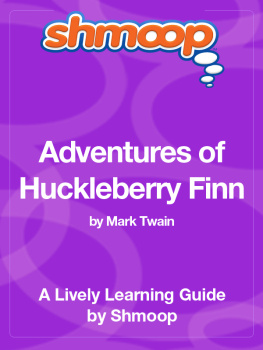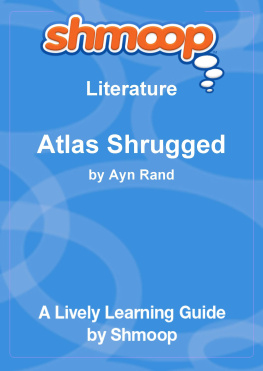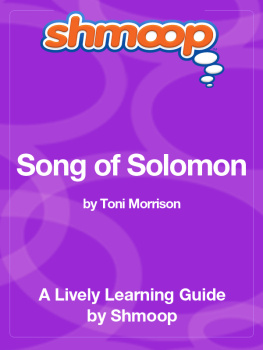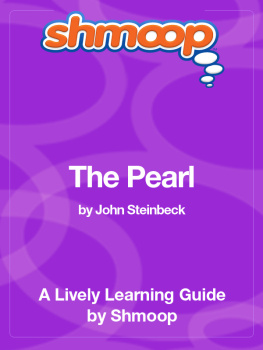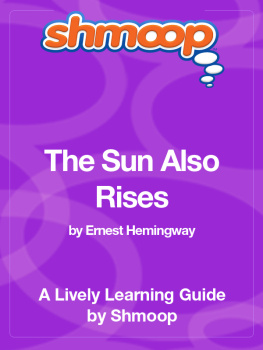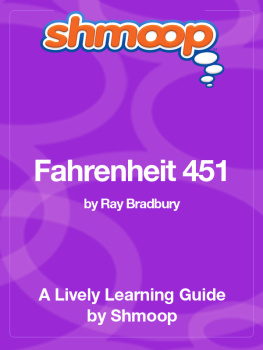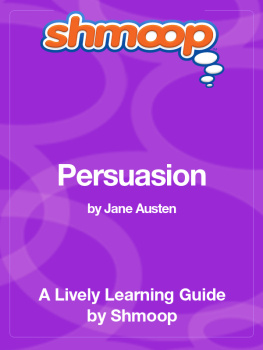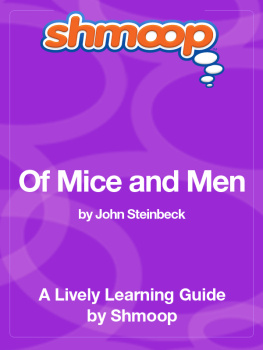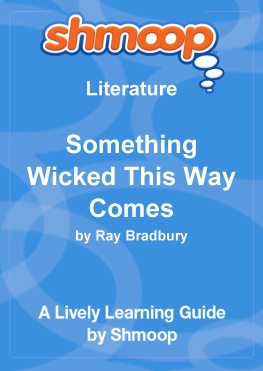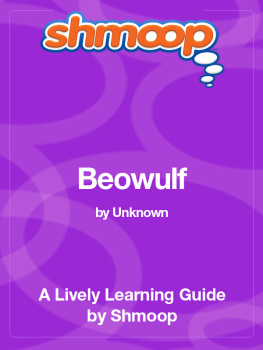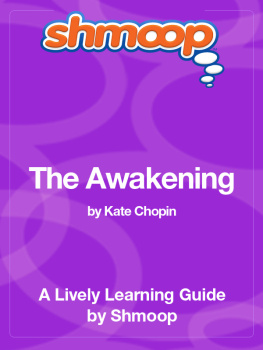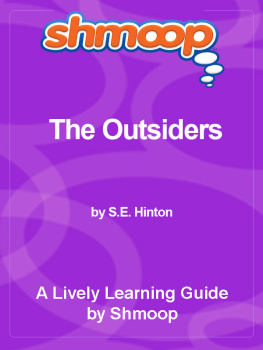
Table of Contents
In a Nutshell/Overview
Our Town is Thornton Wilder's most celebrated play. It opened on Broadway in 1938, received a Pulitzer Prize for Drama, and went on to become one of the most frequently performed American plays of the twentieth century. In Wilder's day, it was fashionable for plays to expose the hypocrisy of American life. With its focus on the precious moments in everyday life, Our Town deliberately departs from this perspective. The play follows the lives of two young neighbors in a small town, Emily and George, who fall in love. Our Town's production coincided with political problems in Europe that would eventually become World War II. For audiences, Wilder's play was an escape from international conflict and a retreat to small town America.
Why Should I Care?
News flash!! This play is about your town. "What?" you say, "We don't have Howie Newsome delivering milk every morning. We buy milk at the local [insert name of big conglomerate supermarket here] or, alternatively at [insert name of big conglomerate organic food store here]." Don't worry. We realize that not everyone lives in a little replica of Grover's Corners, New Hampshire in the early 1900s. But bear with us a moment as we go on a little "what if" journey.
What if this play were set today? What if this play were set in your town? What if this play were about your life? George would still be a cute, popular athlete. Emily would still be the brainy girl next door. They would still have painfully awkward conversations.
If this were your life, which scenes would the Stage Manager choose to show? While the first two acts would differ from the original, the third act is quite timeless. Hypothetically, your soul could wander back to random days in your life and be upset that you, your family, and friends don't appreciate every moment of living. Stripped of the Leave it to Beaver patina, Our Town has some pretty fundamental ideas about life's transience.
As Vitamin C once sang, "I keep thinking times will never change/Keep on thinking things will always be the same, etc. etc., And if you got something that you need to say/You better say it right now cause you don't have another day." End message? Grover's Corners may be a very outdated slice of American life, but the play Our Town will remain relevant so long as people live and die and time marches on. Which we think is forever.
Whats Up With the Title?
Our Town,
Our Town... Yes, this play is about
your town. It could be anyone's town. Grover's Corners, the town in which
Our Town is set, might be out in the boonies of New Hampshire and the dustbin of the past, but by titling his play
Our Town, Wilder hints that Grover's Corners exists outside of New Hampshire, and outside of the early 1900s. The events and themes that occupy the citizens of Grover's Corners are universal - hence the title,
Our Town.
Writing Style
Coming soon!
Tone
Morbid but hopeful
From the beginning of the play, the Stage Manager introduces the characters only to give their death dates. It's like he's making us read a book backwards - we already know what happens (hint: everyone dies). However, it's not until the last act that we the audience begin to understand the meaning of all the morbid overtones. When Emily realizes all the wasted moments of her past, the pain is too much to bear, and we too realize all the moments we take for granted. But we're not dead. We have the opportunities to cherish life that Emily does not.
Narrator Point of View
Third Person (Omniscient)
The Stage Manager functions as the narrator of the play and our tour guide throughout Grover's Corners, selecting what the audience members (and readers) get to see. The Stage Manager uses his power to ask characters to leave the stage, to actually enter the scene himself, and to pose questions that help us interpret the play.
Symbols, Imagery, Allegory
Life
The play is an allegory of life structured over three days. Wilder begins the play at the crack of dawn, when the town is waking up, and concludes the play with the dead in the cemetery. The repetition of the sun's cycle parallels the life cycle, with one important distinction. The human lifespan is not as long as the sun's. And unlike a sun, when a person dies, he does not rise again. There is hope, however, in the human life cycle: reproduction. Significantly, Emily dies while giving birth to her second child. Although it is unclear whether her baby lived, we do know she has at least one child to survive her and continue the circle of life.
Spare Props
Wilder calls for no scenery at the opening of the play, making the Stage Manager carry on a few basic chairs and tables. When Doc Gibbs walks onstage from a doctor's call, he mimes his doctor's bag, just as Mrs. Gibbs and Mrs. Webb pantomime cooking. Wilder's set is simple: no frills and no clutter. The clean stage keeps focus on the characters' interactions, not on the specifics of Grover's Corners.
Setting
Grover's Corners, New Hampshire
Our Town is set in the fictional town of Grover's Corners, New Hampshire (population: 2,642). Key scenes take place at the Gibbs and Webb houses, a drugstore counter, and the town cemetery. But wait! Is it really taking place in Grover's Corners? Remember that this entire play is being "controlled" by the Stage Manager, as if he's standing in front of a giant movie screen and hitting "stop," "go," "rewind," and "fast forward."
Our Town is a play about this Stage Manager guy showing us a bunch of scenes from a fictional town named Grover's Corners.
So...make the jump with us, please...
Our Town actually takes place in the present day. The Stage Manager exists in the present, even as the scenes he shows us exist in the early 1900's.
Our Town thus always remains contemporary and relevant.
Moreover, the citizens of Grover's Corners have an awareness of scale that manifests itself several times during the play. This awareness is both historical (the Stage Manager constantly alludes to old Greek and Roman civilizations) and spatially (the letter address that includes the Universe and the Mind of God, and Mrs. Gibbs' dreams of traveling to Paris). This allows audiences to anchor Grover's Corners in relation to the rest of the world.
Genre
Magical Realism, Drama
The whole dead person wandering among the living thing? That's not reality! It must be magical realism! Also, the Stage Manager manages (pun!) to step into scenes and as an old woman, a drugstore clerk, and a church minister. Not so realistic. The "realism" part of "magical realism" covers the breakfast scenes, the drugstore romance, the wedding, etc.
Book Summary/Plot Overview
The Stage Manager welcomes the audience into the theater as he introduces the people and places of Grover's Corners, New Hampshire. Grover's Corners is the perfect picture of an American town before urbanization - automobiles are a novelty, everyone is up in each other's business, and milk is still delivered fresh every morning. After an overview of the town, the Stage Manager zeroes in on two neighboring families: the Gibbs family and the Webb family. Each household has two children (a boy and a girl). We witness some childish interactions between Emily Webb and George Gibbs. The two are friends.

